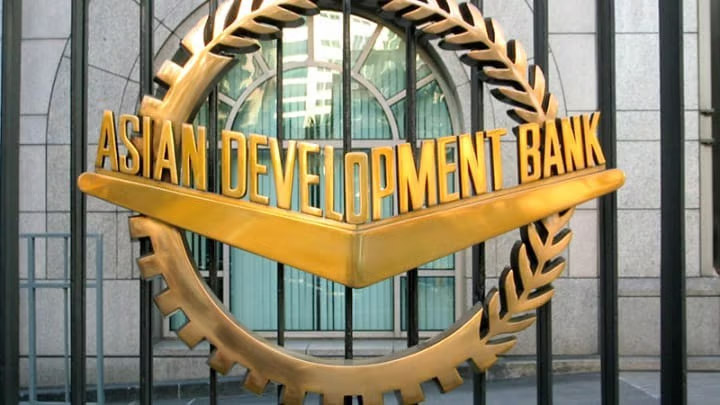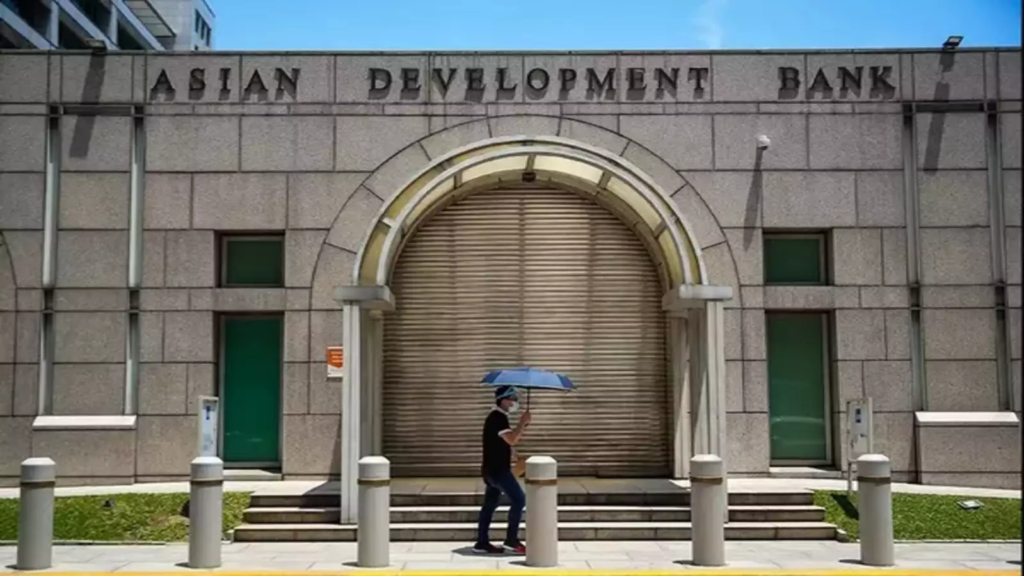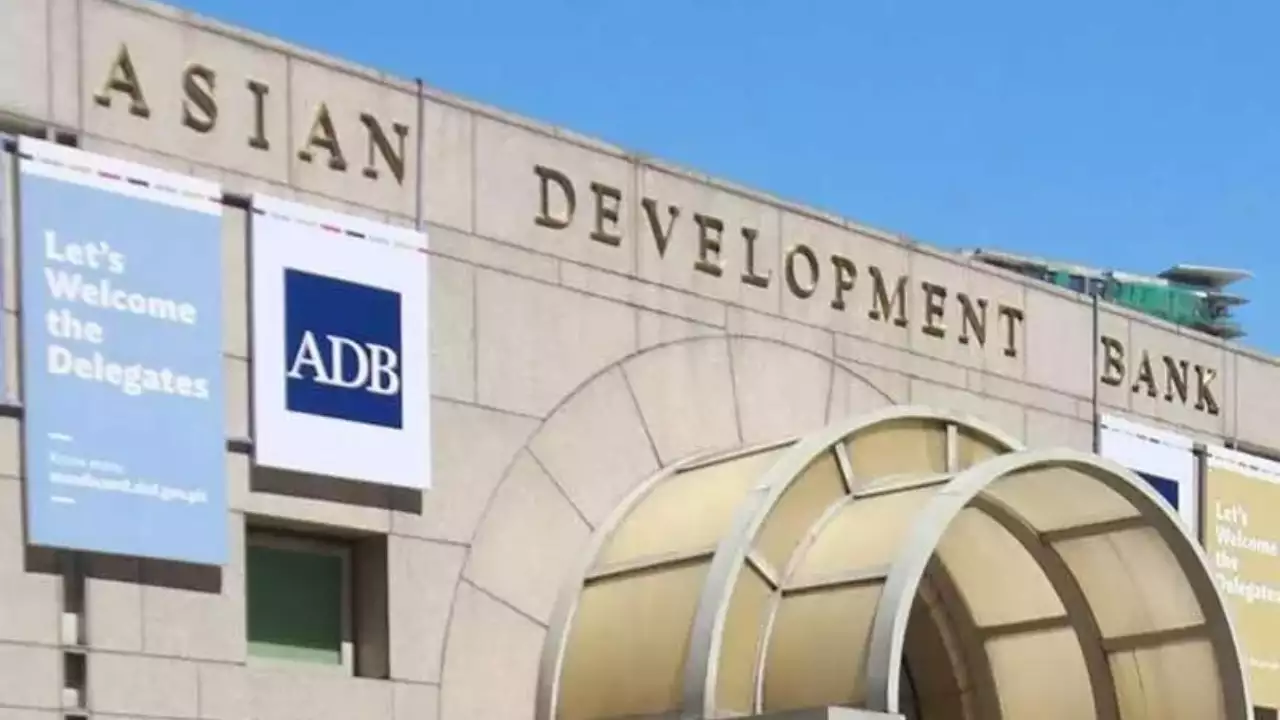Pakistan recently secured a $330 million loan from the Asian Development Bank (ADB) to fund the Integrated Social Protection Development Programme (ISPDP).
However, this positive development comes against the backdrop of a significant financial setback as the World Bank canceled a $500–600 million loan. This mixed scenario underscores the challenges Pakistan faces in securing external financing while managing its domestic economic vulnerabilities.
ADB Loan: Supporting Social and Economic Development
The $330 million loan agreement with the ADB marks a significant milestone in country’s efforts to strengthen its social and economic development initiatives. The funding, under the Integrated Social Protection Development Programme, aims to bolster institutional capacities and improve access to essential services like education and healthcare for vulnerable populations.
At the signing ceremony, Economic Affairs Secretary Kazim Niaz emphasized the importance of this loan in enhancing public welfare services. “This support will help us expand critical services for the people,” Niaz stated. The loan is expected to promote inclusive growth, reduce poverty, and empower marginalized groups.
Read : World Bank Cancels $500 Million Loan to Pakistan
ADB Country Director Emma Fan reiterated the organization’s commitment to supporting development goals. Highlighting the broader impact, she said, “This loan will improve healthcare access for vulnerable populations, promoting inclusive growth.” The ADB’s involvement signals continued international support for social welfare agenda, even as the country faces financial and economic challenges.
World Bank Loan Cancellation: A Major Setback
In sharp contrast to the ADB’s support, the World Bank recently canceled a loan worth $500–600 million under the Affordable and Clean Energy Program (PACE-II).
This program, approved in 2021, was intended to advance affordable and sustainable energy solutions in country. While the World Bank disbursed the first $400 million tranche, the release of the second tranche hinged on Pakistan meeting specific conditions.
Read : Overdue Book Returned After 84 Years to Helsinki Library
One of the primary conditions involved renegotiating power purchase agreements with Independent Power Producers (IPPs), including Chinese power plants established under the China-Pakistan Economic Corridor (CPEC).
However, Pakistani officials admitted that no progress had been made in these renegotiations. Chinese authorities consistently refused to reopen agreements, leaving country unable to meet the World Bank’s requirements.

The canceled loan deals a significant blow to Pakistan’s energy sector reforms and fiscal stability. Additionally, the World Bank announced that it would not provide any new budget support loans this fiscal year.
This decision further limits country’s ability to secure fresh funding, complicating its efforts to address growing fiscal deficits and implement reforms.
Challenges in Securing International Financial Support
The contrasting responses from the ADB and the World Bank highlight Pakistan’s ongoing struggle to maintain favorable relationships with international financial institutions.
While the ADB’s loan provides a lifeline for social development, the World Bank’s withdrawal underscores deep-rooted issues in Pakistan’s energy sector and fiscal management.
Pakistan’s inability to renegotiate CPEC-related power agreements and restructure its $16 billion energy debt reflects broader challenges in balancing domestic and international priorities.
The lack of progress on energy reforms not only led to the cancellation of the World Bank loan but also raises concerns about the long-term viability of Pakistan’s energy sector.

Moreover, the cancellation affects Pakistan’s broader financial outlook. The country had hoped to secure an additional $2 billion in loans from the World Bank this fiscal year. With its loan quota nearly exhausted, Pakistan must now explore alternative funding sources or risk further economic strain.
Despite the ADB’s support, Pakistan’s financial challenges remain daunting. Addressing systemic inefficiencies in the energy sector, rebuilding trust with international lenders, and implementing long-overdue reforms are critical for ensuring sustainable growth.
Pakistan’s $330 million loan from the Asian Development Bank is a crucial step toward enhancing social protection and reducing poverty.
However, the cancellation of the World Bank’s $500–600 million loan underlines significant challenges in the country’s energy sector and fiscal policies.
These developments highlight the urgent need for Pakistan to address structural inefficiencies, strengthen institutional capacities, and rebuild relationships with international lenders.
As Pakistan navigates this complex financial landscape, the country’s ability to implement meaningful reforms and secure sustained international support will determine its economic trajectory in the coming years.

